Introduction
The ketogenic diet, commonly known as the keto diet, has gained immense popularity for its potential to aid in weight loss and improve metabolic health. At its core, the keto diet is a high-fat, low-carbohydrate eating plan that encourages the body to burn fats for fuel instead of carbohydrates. While many people focus on adjusting their macronutrient ratios to achieve ketosis, one critical component often overlooked is hydration. Proper hydration is essential not only for overall health but also to maximize the benefits of the keto diet. In this article, we will explore the importance of hydration on the keto diet, how it affects your body, and practical tips to ensure you stay properly hydrated.
Understanding the Role of Hydration on Keto
Hydration plays a vital role in maintaining bodily functions, including temperature regulation, joint lubrication, nutrient transport, and waste elimination. On a keto diet, hydration becomes even more crucial due to the changes in metabolism and electrolyte balance that occur when carbohydrate intake is reduced.
1. Water Loss and Glycogen Depletion
Carbohydrates are stored in the body as glycogen, which binds to water molecules. When you transition to a keto diet, your body depletes its glycogen stores, resulting in significant water loss. This initial drop in weight that many people experience is often due to water loss rather than fat loss. As glycogen stores decrease, so does water retention, making it essential to replenish fluids regularly.
2. Electrolyte Imbalance
Electrolytes, such as sodium, potassium, magnesium, and calcium, are crucial for nerve function, muscle contraction, and maintaining fluid balance. On a keto diet, the reduction in insulin levels affects the kidneys’ ability to retain sodium, leading to increased sodium and water excretion. This can result in an imbalance of electrolytes, contributing to symptoms like headaches, fatigue, muscle cramps, and the notorious “keto flu.”
Benefits of Proper Hydration on Keto
Ensuring optimal hydration on a keto diet provides numerous benefits that can enhance your experience and results.
1. Improved Energy Levels
Dehydration can lead to fatigue and decreased energy levels. By maintaining proper hydration, you can support your body’s ability to efficiently convert fats into energy, helping you feel more energetic and focused throughout the day.
2. Enhanced Physical Performance
Adequate hydration is essential for optimal physical performance. Whether you’re engaging in regular exercise or simply staying active, staying hydrated helps prevent muscle cramps and enhances endurance, allowing you to perform at your best.
3. Reduced Risk of Kidney Stones
The keto diet can increase the risk of kidney stones due to changes in urine composition. Staying well-hydrated helps dilute urine and reduce the concentration of minerals, lowering the risk of stone formation.
4. Better Digestion and Regularity
Water plays a crucial role in digestion and maintaining regular bowel movements. On a keto diet, where fiber intake might be lower, proper hydration can help prevent constipation and support a healthy digestive system.
Signs of Dehydration on Keto
Recognizing the signs of dehydration is essential to address it promptly and prevent any adverse effects on your health and keto journey. Common signs of dehydration include:
- Increased thirst
- Dry mouth and lips
- Dark urine
- Fatigue and dizziness
- Muscle cramps
- Headaches
Tips for Staying Hydrated on Keto
Maintaining proper hydration on a keto diet requires a proactive approach. Here are some practical tips to ensure you stay adequately hydrated:
1. Drink Plenty of Water
The simplest way to stay hydrated is to drink water regularly throughout the day. Aim for at least 8-10 cups of water daily, and adjust based on your activity level, climate, and individual needs. Carry a reusable water bottle with you to remind yourself to drink frequently.
2. Monitor Electrolyte Intake
Replenishing electrolytes is crucial on a keto diet. Incorporate foods rich in electrolytes, such as avocados, nuts, seeds, leafy greens, and fatty fish. Consider electrolyte supplements or drinks to ensure you’re meeting your body’s needs, especially during intense physical activity or hot weather.
3. Incorporate Bone Broth
Bone broth is not only hydrating but also rich in electrolytes and collagen, making it a great addition to a keto diet. Enjoy a warm cup of bone broth as a nourishing and hydrating snack.
4. Limit Diuretics
Limit the consumption of diuretics such as caffeine and alcohol, as they can increase fluid loss and contribute to dehydration. If you consume these beverages, be sure to drink extra water to compensate for the loss.
5. Eat Hydrating Foods
Incorporate foods with high water content into your diet, such as cucumbers, zucchini, tomatoes, and berries. These foods not only provide hydration but also essential nutrients and fiber.
6. Listen to Your Body
Pay attention to your body’s signals. If you feel thirsty, fatigued, or notice any signs of dehydration, increase your fluid intake accordingly. Everyone’s hydration needs are unique, so adjust your intake based on your body’s requirements.
Conclusion
Hydration is a fundamental aspect of any healthy diet, and it becomes even more crucial on a keto diet due to the metabolic changes and electrolyte shifts that occur. By prioritizing proper hydration, you can enhance your energy levels, physical performance, and overall well-being while minimizing the risk of common keto-related challenges. Remember to drink plenty of water, monitor your electrolyte intake, and listen to your body’s signals to ensure you stay on track for a successful and sustainable keto journey.

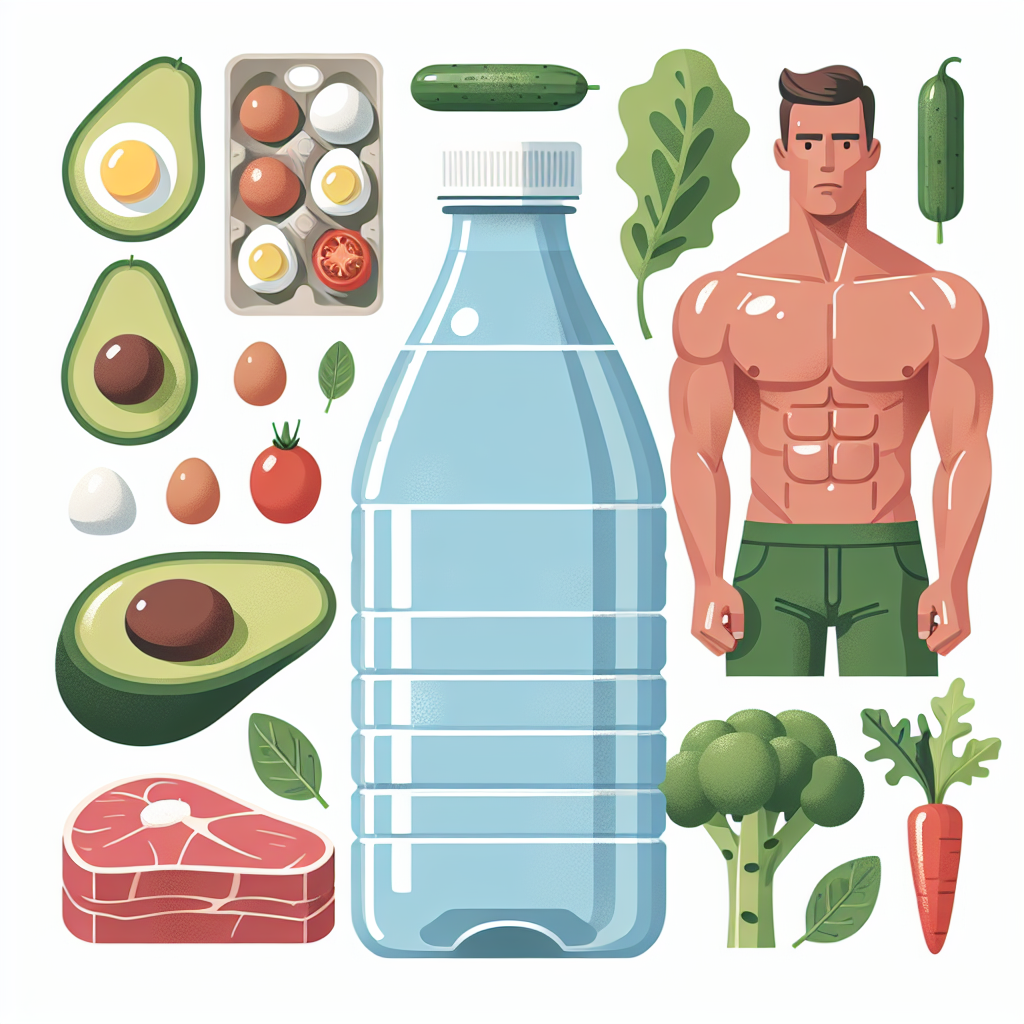
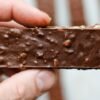

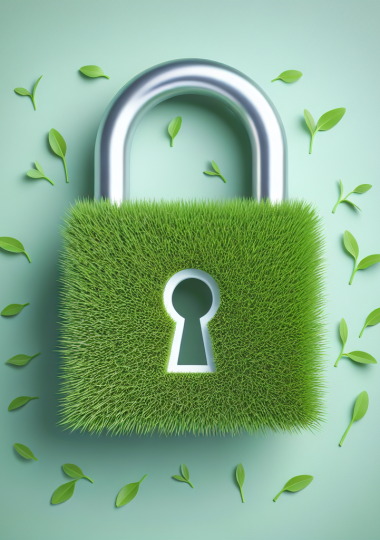
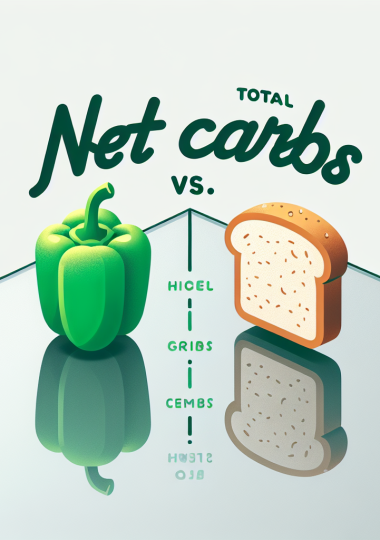
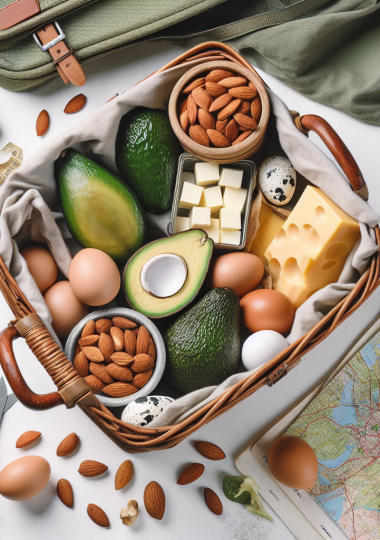
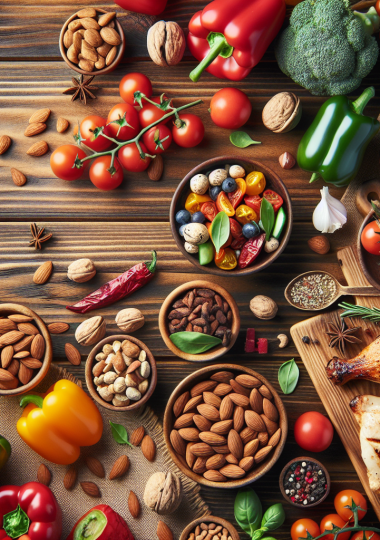

Add comment